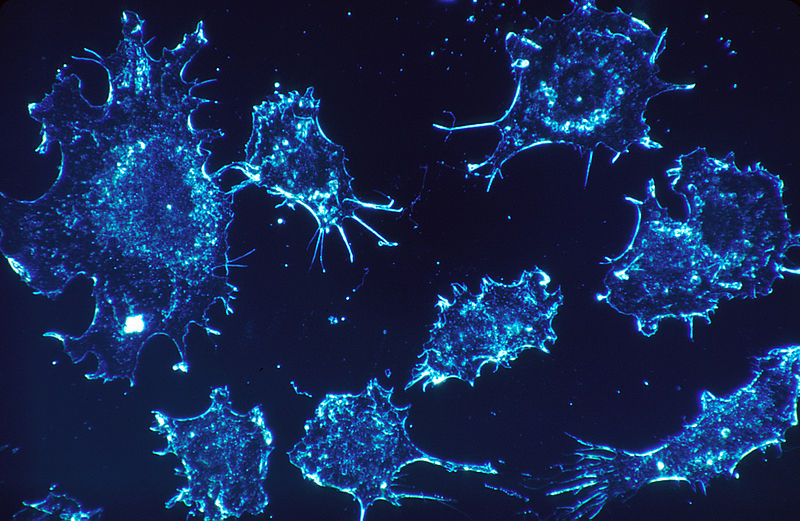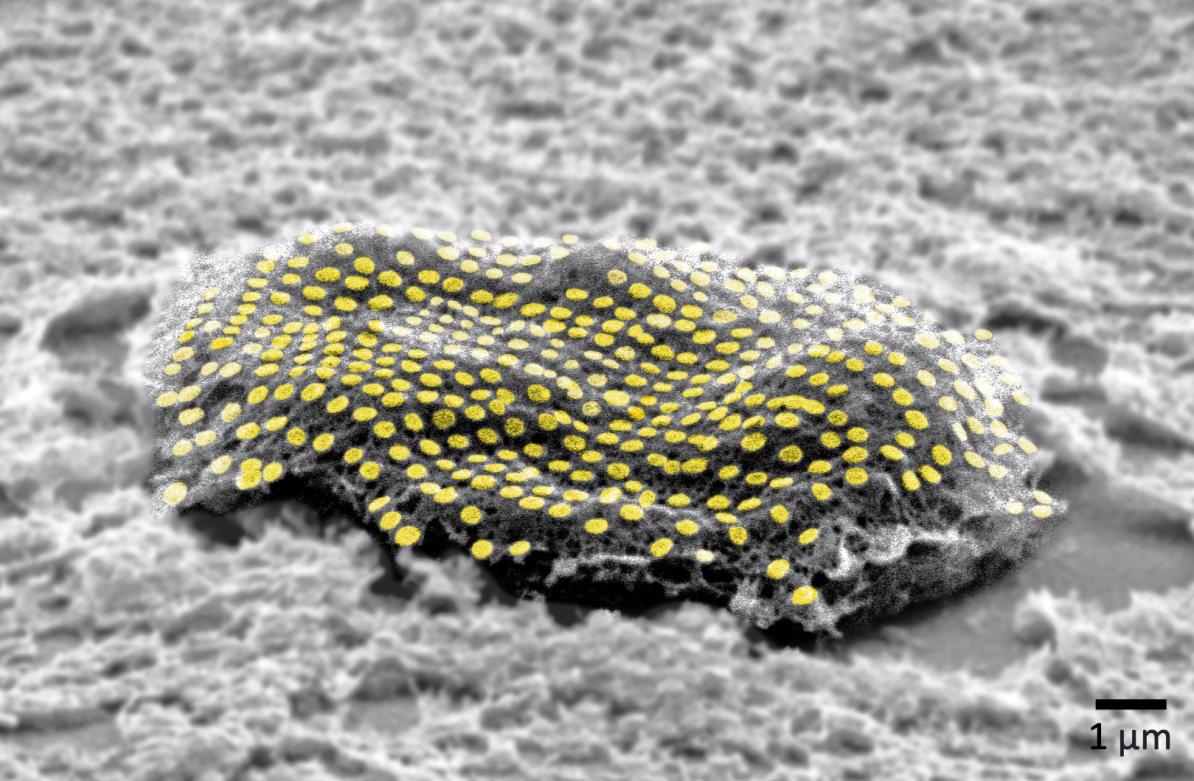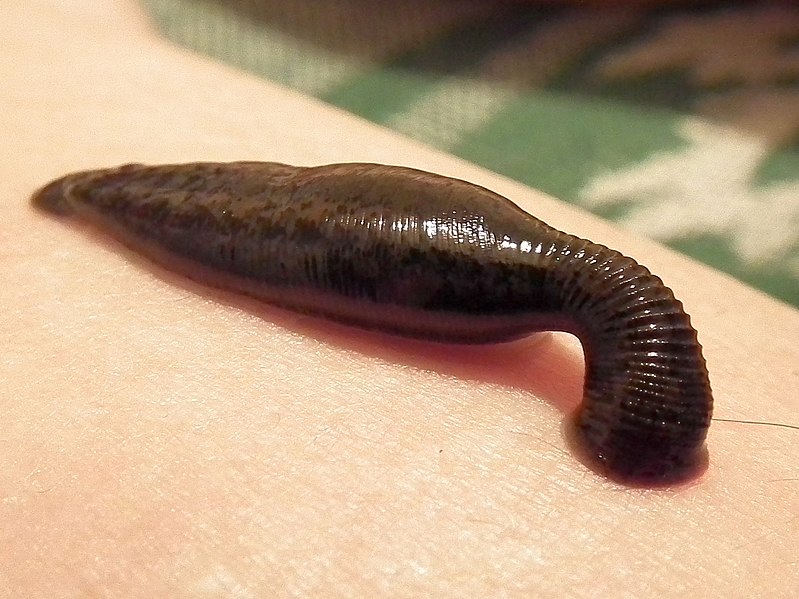Researchers from the Universities of Newcastle and Leeds have discovered a way that could help in keeping hereditary cancer at bay.
Researchers found that a digestion-resistant molecule can lower the risk of hereditary cancer by over 60%. This molecule is present in a range of everyday foods such as bananas, oats, peas and beans, rice, and pasta.
For this study, researchers tracked about 1,000 patients with Lynch Syndrome, a hereditary condition that raises the risk of several cancer types for almost 20 years.
In this international trial, a regular dose of resistant starch was given to the patients for an average of two years. Researchers observed this treatment did not affect cancers in the bowel but did reduce cancers in other parts of the body by more than half. Moreover, they also discovered that this effect was mainly pronounced for upper gastrointestinal (GI) cancers which include oesophageal, gastric, biliary tract, pancreatic, and duodenum cancers.
Lead researcher and nutritionist John Mathers from Newcastle University in the UK, said, “We found that resistant starch reduces a range of cancers by over 60 percent. The effect was most obvious in the upper part of the gut,”
He added, “This is important as cancers of the upper GI tract are difficult to diagnose and often are not caught early on.”
Tim Bishop, a genetic epidemiologist from the University of Leeds, said, “The results are exciting, but the magnitude of the protective effect in the upper GI tract was unexpected, so further research is required to replicate these findings,”
The study is published in the journal Cancer Prevention Research.







